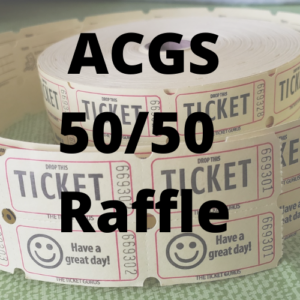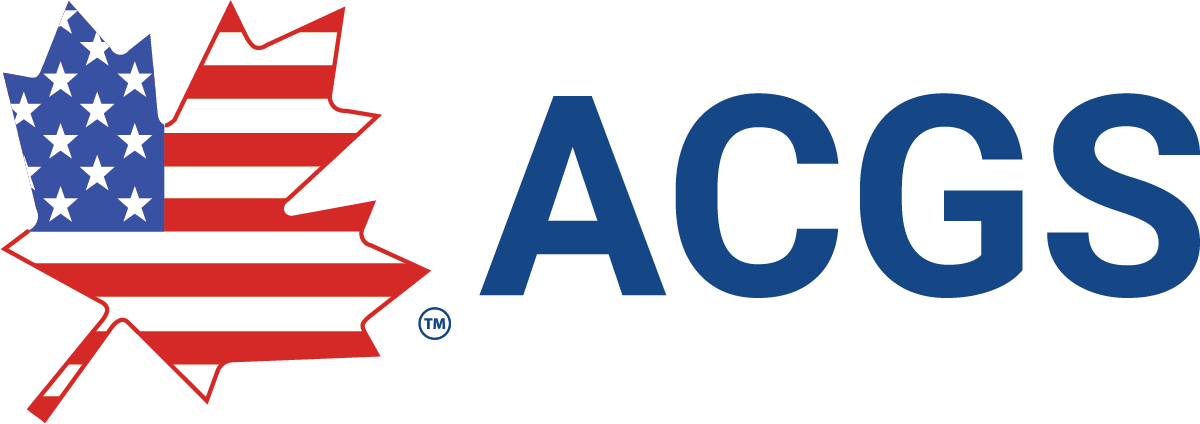Virtual Fall Conference and Annual Meeting
September 27, 2025 – 10:30 A.M. – 3:45 P.M.
Conference Speakers:
Luc Baronian, PhD
Hugo Saint-Amant Lamy
Pierre Gendreau-Hétu
Click Here to Register for the Fall Conference Today!
Registration closes on September 20th, 2025
All Presentations will be recorded and available for paid attendees for 30 days after the conference.
Speaker Biographies and Presentation Summary

Luc V. Baronian is an Associate Professor of Linguistics at the Université du Québec à Chicoutimi. After receiving his PhD from Stanford, he specialized in the spoken dialects of North American French communities, in particular Louisiana and Québec. Through this professional interest, he became familiar with the databases on Québec and Acadian records, often fishing for linguistic transformations of family names, but also getting a sense of the continental migrations of French-Canadians and Acadians on the North American continent, combining available records with DNA testing. He has recently joined the Généalogie Québec Project as a co-administrator, which works in close collaboration with the PRDH at UMontréal.
The Matrilineal Progeny of Jeanne Soldé: An example of mtDNA validation of deep genealogies
Though famously comprehensive, French-Canadian genealogies can face gaps, errors in records or hidden adoption cases. DNA testing provides ways to confirm genealogies or make more plausible hypotheses on “brick wall” cases, if not resolve them. Among the commercially available tests, autosomal and Y-chromosome testing are much more common than mitochondrial (mtDNA) testing, which tests the matrilineal branch. In this talk, I will illustrate how mtDNA testing has allowed us to validate several branches of the matrilineal descendance of Montréal settler Jeanne Soldé. With Jacques Beauvais dit St-Gemme, she had, according to the PRDH database, 4 sons and 5 daughters in Montréal, 64 grandchildren and at least 227 great-grandchildren.
Remarkably, several branches migrated over 1000 miles away from Montréal in French settlements of what is now the American Midwest in the very early 18th century. The method illustrated here can also help us clarify the European vs. Native origin of an ancestral woman and it can provide help to adoptees in tracing their mother. In addition, it can paint a picture of how closely knit the population of French settlers was before crossing the ocean. Indeed, we shall see that mtDNA testing reveals that Jeanne and another settler were maternal relatives, a fact absent from the traditional paper trail.

Hugo Saint-Amant Lamy is a professor of linguistics at Université du Québec à Rimouski (UQAR). His research focuses on linguistic variation and changes in Quebec and Acadia. Using quantitative approaches (corpus linguistics, instrumental phonology, dialectometry) he investigates the mechanisms that have shaped the evolution of French in North America from its origins to the present day. One of his main current research projects explores linguistic innovation in pre-industrial Quebec. To this end, he draws on various types of data, including anthroponymic information recorded in genealogical records.
The Birth of Names: Shifts in Naming Culture in 18th and 19th-Century Quebec Starting in the late 18th century, Quebec saw a major shift in naming practices. For generations, a small set of traditional names—Marie, Pierre, Jacques, Anne—had dominated. But by the turn of the century, this stable repertoire began to change dramatically. Hyphenated names (e.g. Louis-Joseph, Marie-Amable) became increasingly popular, and a profusion of “new” names emerged, in large parts inspired by Catholic hagiography (e.g. Adèle, Onésime, Tarsille, Nazaire).
This presentation examines this transformation through genealogical records, which provide a rare opportunity to track the spread of new names across time and space. The data reveal striking regional contrasts: some areas, such as Montreal, Charlevoix, and Côte-du-Sud, became hubs of innovation, while others, including Quebec City and Mauricie, remained far more conservative.
We will explore the forces driving these patterns and their connections to broader onomastic trends, particularly the naming of parishes. More broadly, this study highlights the value of genealogical data for understanding linguistic variation and sheds new light on the deeper social and cultural forces shaping individual and family identities.

Pierre Gendreau–Hétu My focus as a linguist is on hereditary surnames. This interdisciplinary field has much benefited from the use of DNA data in genealogy and population history, mainly in North America and in Europe. The rise of databases and genomic testing, particularly through citizen science, has fully redefined kinship research. Genealogy projects now mine individual ancestries to the benefit of population-scale studies that are of great collective interest. The Généalogie Québec Project illustrates this development through its partnership with Université de Montréal’s PRDH, whose academic group I am attached to as an associate researcher.
To the Origins of a New France Pioneer: Grondin Surname Distribution and Genetic Correlation New methods in the study of surnames have solved a French colonial problem in the settling of 17th-century Canada. This talk addresses this finding, whose historical relevance is commensurate with the major demographic impact of New France founders as recorded in the Registre de la population du Québec ancien. Not all pioneers can claim places of origins in France that are adequately documented, however, as displayed by the patchy case of Pierre Grondin (∼1649-1729). Only the original combination of public participation on the one hand, and civil records and genomic evidence on the other, uncovered decisive new facts about this ancestor’s identity. The Grondin case study highlights the hybrid methodology capable of detecting and locating doubtful or unknown points of departures to New France (1534-1763), a French colony then also known as Canada, an alternative name of Native origin. The genetic invariance of the Y chromosome (Y-DNA) serves as a common thread between same surname occurrences whose kinship we could only suspect until then. These techniques redefine population history and establish deep kinship as an observation scale of colonial societies and their making.
Schedule of Events
Saturday, September 27th, 2025
Program
10:30 A.M. Welcome & President’s Report – Jo Zurwell
Treasurer Report – Rob Fosher
Election Results for Board of Directors for the 2026/27 term – Ed Lamarine
Annual Meeting and Reports listed in the provided program
11:00 A.M. – 12:00 P.M. Luc Baronian, PhD
The Matrilineal Progeny of Jeanne Soldé: An example of mtDNA validation of deep genealogies
1:00 P.M. – 2:00 P.M. Hugo Saint-Amant Lamy
The Birth of Names: Shifts in Naming Culture in 18th– and 19th-Century Quebec
2:30 P.M. – 2:45 P.M. Raffle Drawing
2:45 P.M. – 3:45 P.M. Pierre Gendreau-Hétu
To the Origins of a New France Pioneer: Grondin Surname Distribution and Genetic Correlation
Click Here to Register for the Fall Conference Today!
Fall Conference 2025 Raffle Items
We will be conducting a raffle again this year leading up to our virtual Fall Conference on September 27th. We are keeping it simple this year with just four items, one of which is a great donation from a Board of Directors member; a Canadian 125th Anniversary Coin Set with a coin for each territory.
Please feel free to order as many chances for each item as you would like. Attendance at the conference is not required to be a winner; but we do hope you can make the Fall Conference. Please click the image(s) below to place your order, just add your quantity.
Good Luck Everyone!



 This last item is a Canadian 125th Anniversary Coin Collection, one for each territory in Canada
This last item is a Canadian 125th Anniversary Coin Collection, one for each territory in Canada

